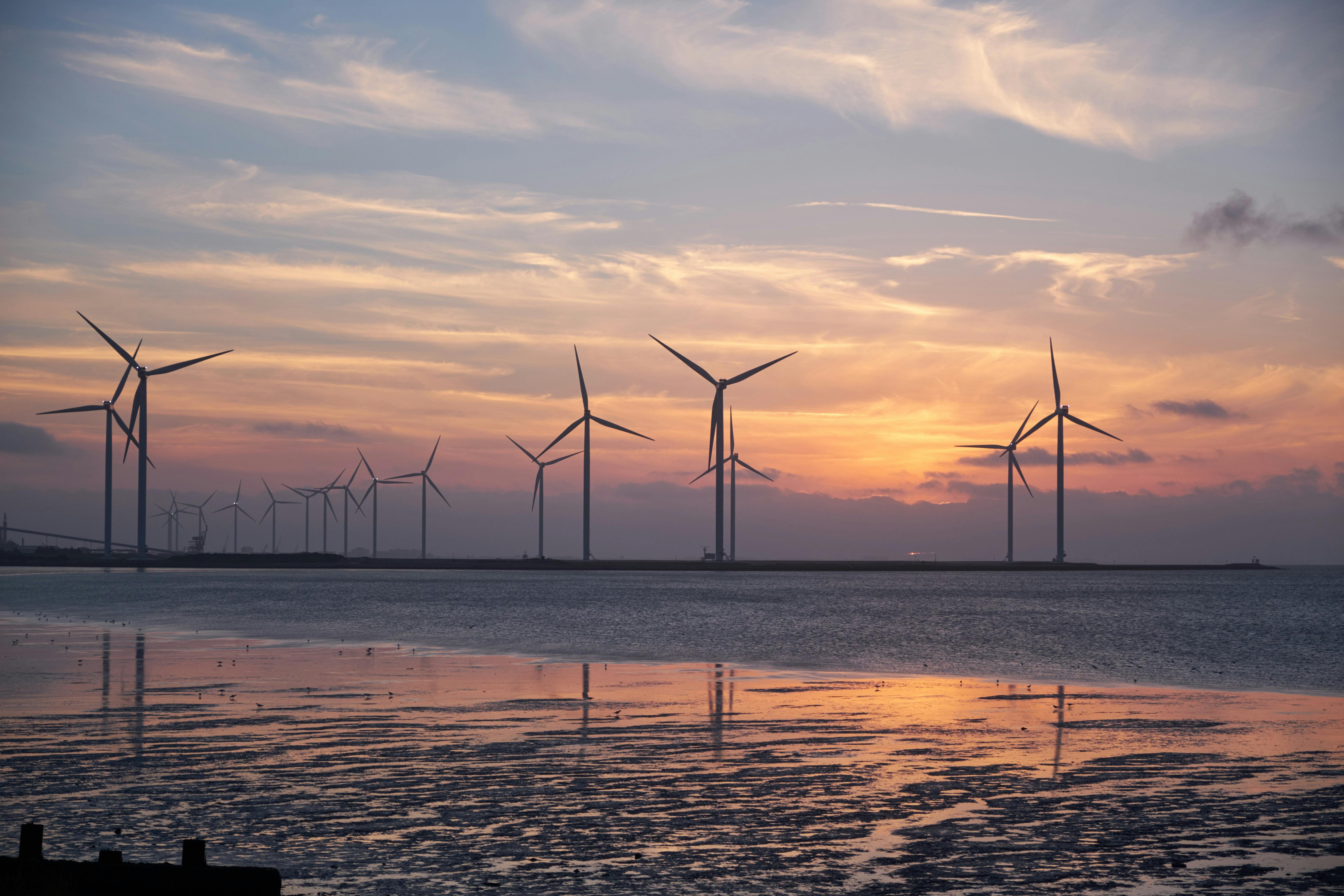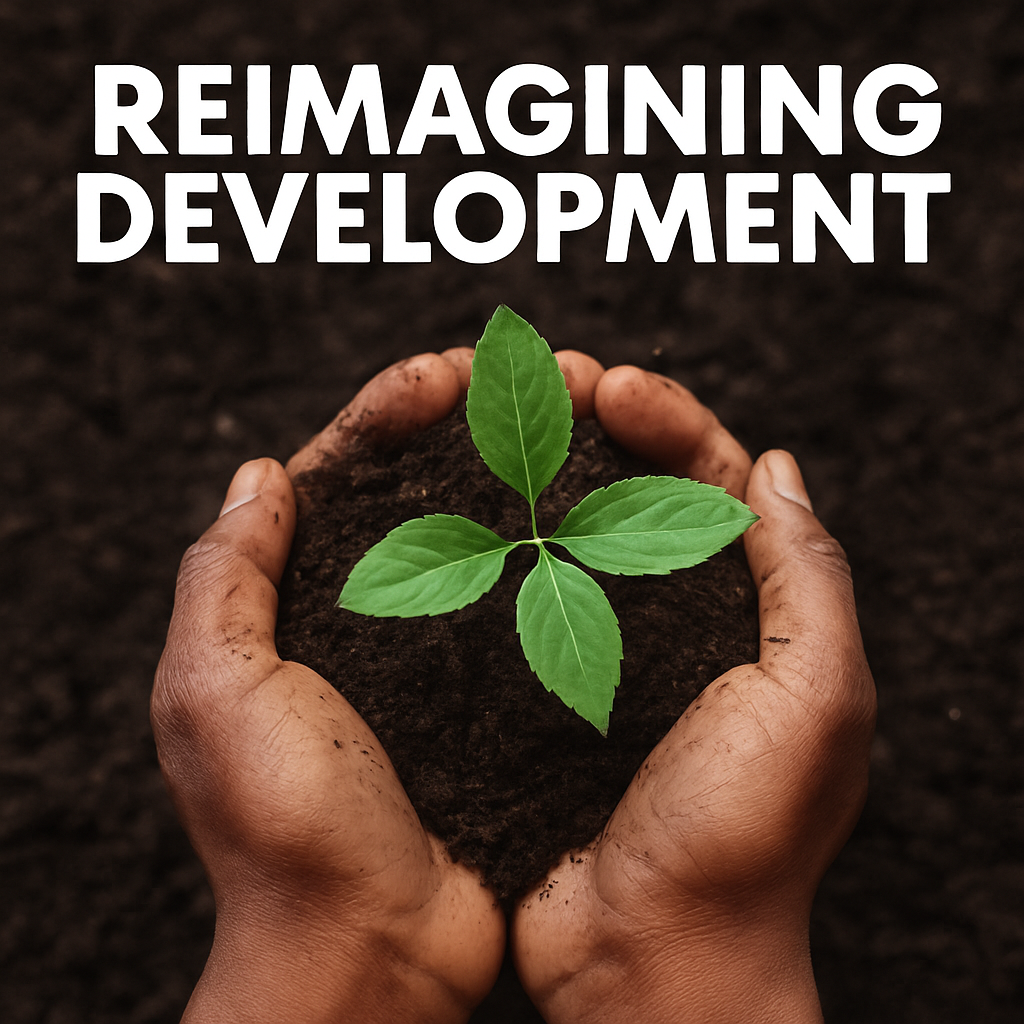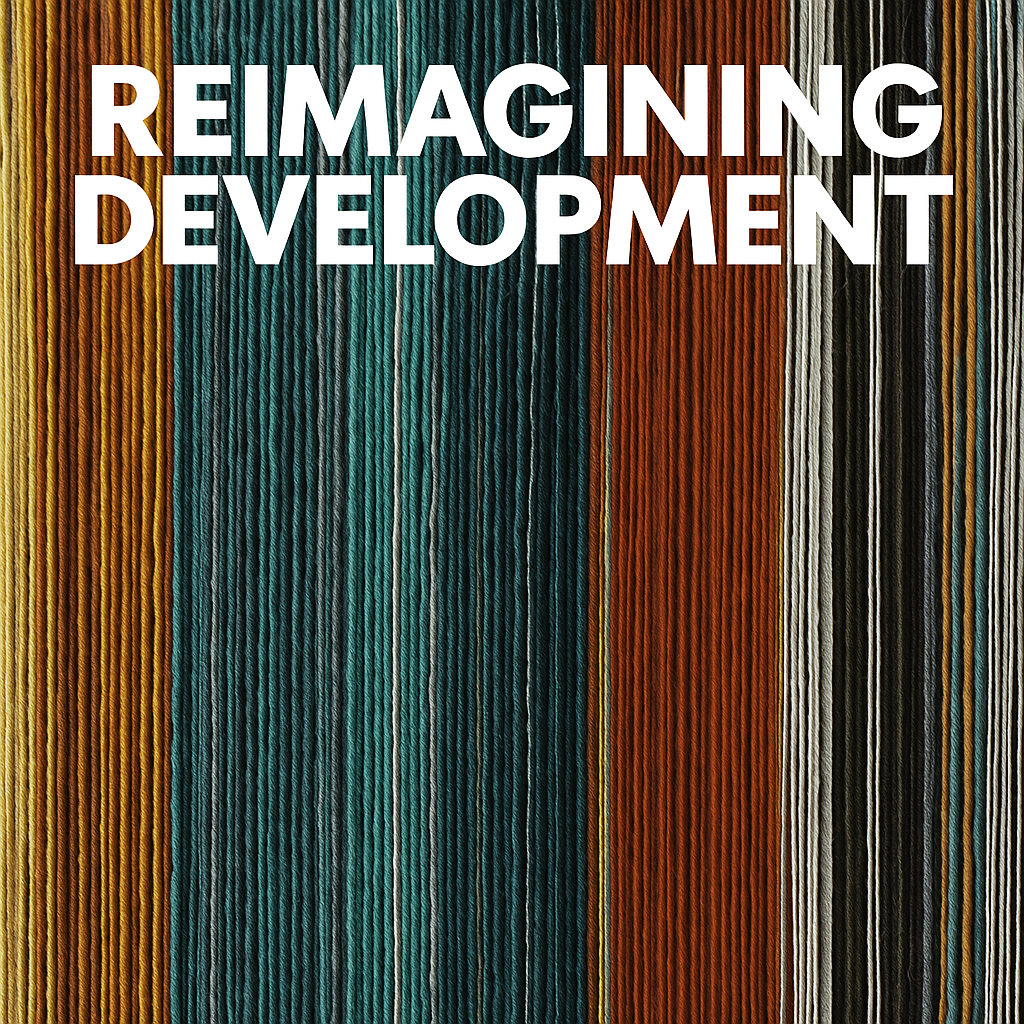Different session formats for DSA2026 are encouraged, including debates, roundtables, ‘speed-meetings’, fireside meetings and other non-conventional formats. A key aim is for all panels to attempt to combine academic and practitioner work within most panels. The session formats will include:
Paper panels:These sessions will involve one or more sessions that are based around 4-5 papers, perhaps with a discussant. To promote the highest levels of intellectual exchange, we are looking for convenors who can commit to liaising closely with paper-givers in advance of the conference, with a view to securing high-quality papers. This may involve the submission of papers in advance, perhaps incentivised by a post-conference publication plan by panel convenors.
Roundtable panels:These sessions can adopt various formats to achieve the purpose of fostering a high-quality exchange of ideas around the theme of Reimagining development: power, agency, and futures in an uncertain world.
Experimental approaches to panels:These might fall outside regular academic paper panels or roundtables. Some possible formats or ideas might be debates, speed-meetings, workshops, asynchronous panels, fire-side etc. It may be possible to go beyond the 90-minute session format if required. The format should be described within the long abstract of the proposal.



